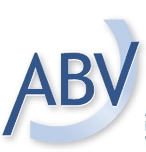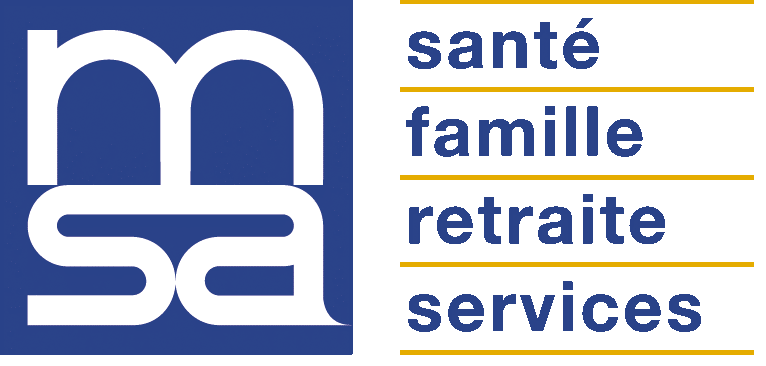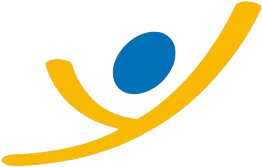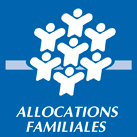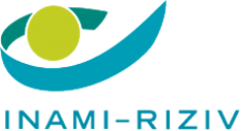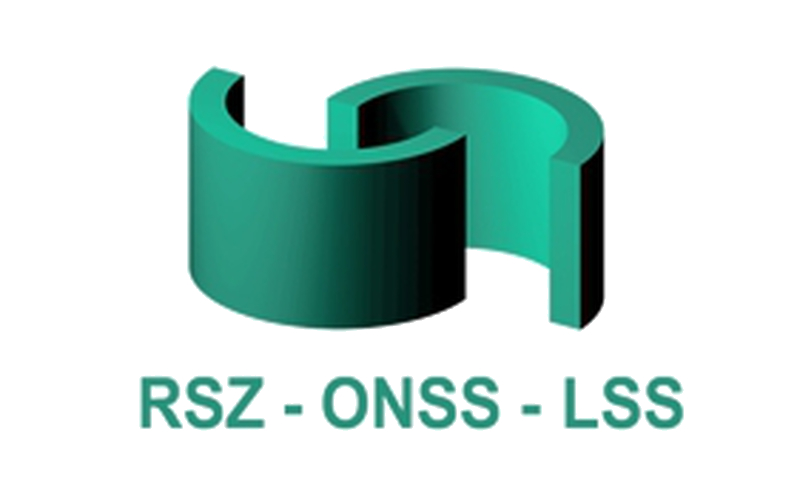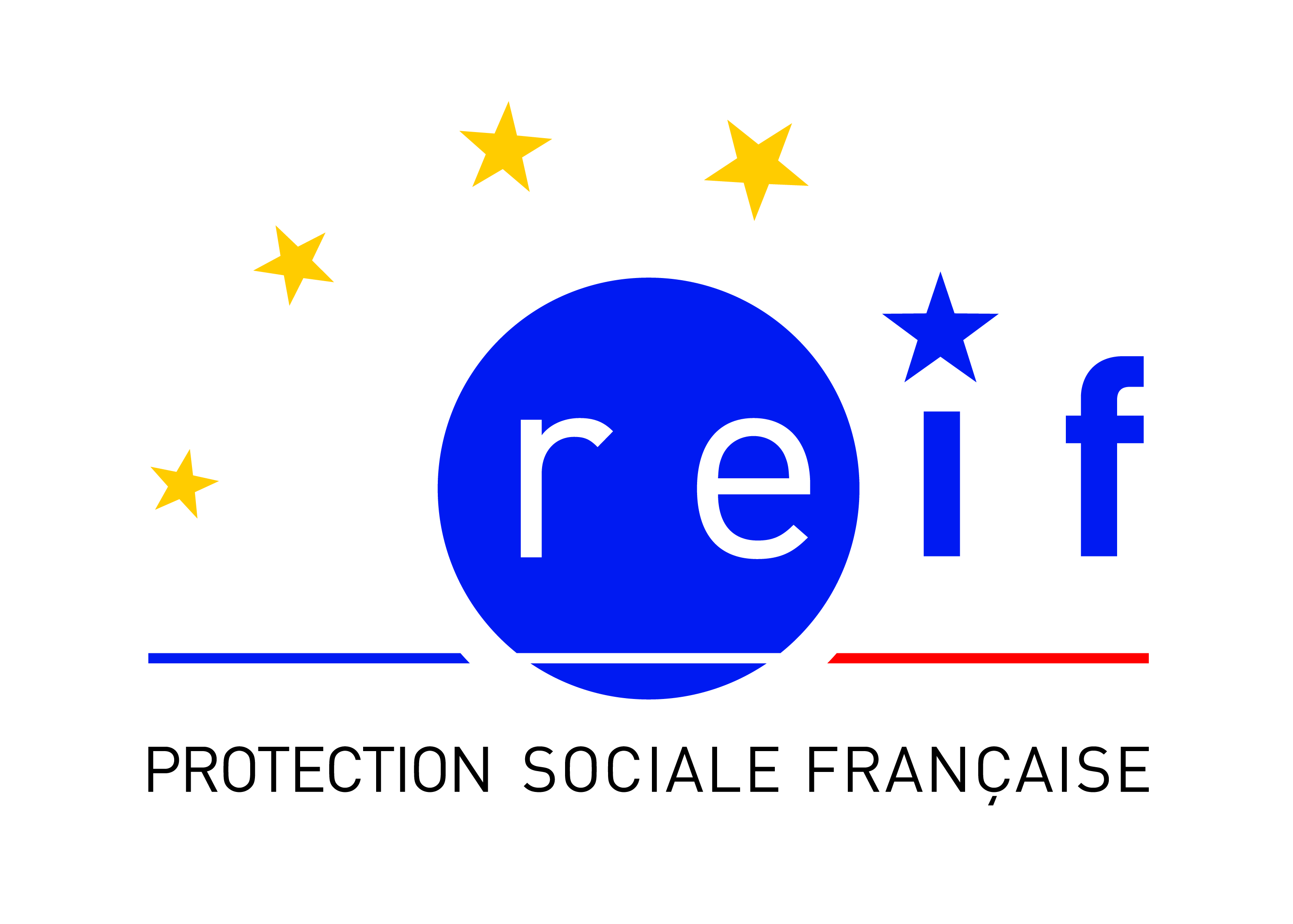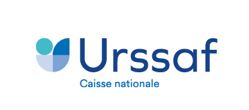News
COVID-19 & social security |
25-05-2020 |
EV
Safeguarding public health & social protection in times of pandemic
The coronavirus pandemic is an unprecedented challenge for the health and social security systems in the European Union. Social security systems play a key role in providing healthcare, sickness benefits, unemployment benefits and much more to insured persons, during this pandemic and beyond. By implementing several measures such as simplifying procedures to access benefits and providing additional benefits to those most affected, ESIP members have shown their flexibility and ability to cope with the current situation.
The results of a survey conducted by the European Social Insurance Platform (ESIP), representing national statutory social security institutions from 17 Member States, the United Kingdom and Switzerland are presented here. The survey provides an overview of national measures taken and adaptations to the implementation of social security coordination rules.
The key results of the ESIP survey are the following:
Sickness & healthcare: supporting insured persons
Sickness allowance rules generally continue to apply as usual, with the need to provide a doctor’s note which can now be obtained after a remote consultation. Some countries provide sickness allowances to a broader range of beneficiaries such as persons at risk or parents caring for affected children. In several countries, simplified procedures are in place to facilitate the mobility of patients requiring care abroad. Financial support is also given to self-employed healthcare staff. Additional resources have been made available to finance these measures.
Mobile workers: a pragmatic approach
Frontier workers may have to pursue their activity in their country of residence as they cannot cross borders and reach their workplace. In this case, in all countries reviewed, the social security system they depend on will not change if their period of home office is limited in time. For posted workers who may be quarantined in their country of posting beyond the period for which they were originally sent, different approaches have been taken. In some countries a new notification will have to be made to extend the posting period, while in others there is no notification required and the extension will be regularised after the end of the emergency period.
Additional support to childcare at home
For parents that must care for their children at home, a wide range of solutions have been adopted. In some countries, exceptional allowances are provided to all families, or the most deprived. Support is also provided in some countries to childcare facilities and staff that have had to withhold their activity due to closures. Those taking care of children are sometimes eligible to extra care leave or parental leave.
Providing pensions abroad: easing rules to ensure continuity
Recipients of pensions, residing in a different country than the country of insurance, are required in many countries to provide life certificates that must be certified by the administration. Where, as a result of lockdown procedures, pensioners are unable to go to the office in person, most countries have postponed the deadline to return the required certificates, allowing for self-signed certificates or lifting the requirement, while continuing to provide pensions.
Online services: a tool to facilitate access to social security
All our members provide updated information on institutional websites. Existing online services are already accessible for nearly all procedures or have been extended and reinforced if necessary. Other options such as telephone calls are also available for persons with limited digital skills.
ESIP will continue to gather further information on national measures, including in those countries that are not yet represented in our survey, and further analyse the financial impact of the pandemic on social security schemes, once more data is available.
More information is available in our comparative table and on our dedicated webpage.



